Content Management Systems (CMS) have revolutionized the way websites are built and managed. From blogging to e-commerce, CMS platforms empower users to create, manage, and optimize digital content without needing extensive technical expertise. In this article, we’ll explore the top 10 CMS platforms in 2024, including their logos, key details, complexity, popularity, pros and cons, and a comparative table to help you choose the best one for your needs.
1. WordPress
- Short Details: WordPress is the most popular CMS globally, powering over 43% of all websites. It’s open-source, highly customizable, and supports a vast ecosystem of themes and plugins.
- Complexity: Beginner to Intermediate (easy to start, but advanced features may require technical knowledge).
- Popularity: ⭐⭐⭐⭐⭐ (5/5)
- Pros:
- User-friendly interface.
- Extensive plugin library (e.g., WooCommerce for e-commerce).
- Large community support.
- SEO-friendly.
- Cons:
- Requires regular updates and maintenance.
- Can be vulnerable to security issues if not managed properly.
2. Shopify
- Short Details: Shopify is a leading e-commerce CMS designed for online stores. It’s a fully hosted platform, meaning users don’t need to worry about server management.
- Complexity: Beginner-friendly.
- Popularity: ⭐⭐⭐⭐⭐ (5/5)
- Pros:
- Easy to set up and use.
- Built-in payment processing.
- Scalable for businesses of all sizes.
- Cons:
- Monthly subscription fees can add up.
- Limited customization compared to open-source platforms.
3. Wix
- Short Details: Wix is a drag-and-drop website builder that’s perfect for beginners. It offers a wide range of templates and a user-friendly interface.
- Complexity: Beginner-friendly.
- Popularity: ⭐⭐⭐⭐ (4/5)
- Pros:
- Intuitive drag-and-drop editor.
- No coding is required.
- Affordable pricing plans.
- Cons:
- Limited flexibility for advanced users.
- It’s not ideal for large-scale websites.
4. Squarespace
- Short Details: Squarespace is known for its stunning, design-focused templates. It’s a great choice for creatives and small businesses.
- Complexity: Beginner-friendly.
- Popularity: ⭐⭐⭐⭐ (4/5)
- Pros:
- Beautiful, responsive templates.
- All-in-one platform with hosting included.
- Great for portfolios and small businesses.
- Cons:
- Limited third-party integrations.
- Higher pricing compared to competitors.
5. Joomla
- Short Details: Joomla is a powerful, open-source CMS that offers more flexibility than WordPress but with a steeper learning curve.
- Complexity: Intermediate to Advanced.
- Popularity: ⭐⭐⭐ (3/5)
- Pros:
- Highly customizable.
- Strong community support.
- Suitable for complex websites.
- Cons:
- Not as beginner-friendly as WordPress.
- Fewer themes and plugins compared to WordPress.
6. Drupal
- Short Details: Drupal is a robust, open-source CMS designed for large-scale, complex websites. It’s highly secure and customizable.
- Complexity: Advanced.
- Popularity: ⭐⭐⭐ (3/5)
- Pros:
- Excellent for large, enterprise-level websites.
- Highly secure and scalable.
- Flexible and customizable.
- Cons:
- Steep learning curve.
- Requires technical expertise.
7. Magento (Adobe Commerce)

- Short Details: Magento is a powerful e-commerce CMS designed for large online stores. It’s highly customizable but requires technical expertise.
- Complexity: Advanced.
- Popularity: ⭐⭐⭐⭐ (4/5)
- Pros:
- Scalable for large e-commerce businesses.
- Extensive customization options.
- Strong SEO capabilities.
- Cons:
- Expensive to maintain.
- Requires technical knowledge.
8. Webflow
- Short Details: Webflow is a modern CMS that combines design and development tools. It’s ideal for designers and developers who want full control over their website’s design.
- Complexity: Intermediate.
- Popularity: ⭐⭐⭐⭐ (4/5)
- Pros:
- Visual design tools with no coding required.
- Responsive and customizable templates.
- Hosting included.
- Cons:
- Steeper learning curve for beginners.
- Pricing can be high for advanced features.
9. HubSpot CMS
- Short Details: HubSpot CMS is a marketing-focused platform that integrates seamlessly with HubSpot’s CRM and marketing tools.
- Complexity: Beginner to Intermediate.
- Popularity: ⭐⭐⭐⭐ (4/5)
- Pros:
- Integrated with HubSpot’s marketing tools.
- User-friendly and SEO-optimized.
- Great for content-driven websites.
- Cons:
- Limited customization compared to open-source platforms.
- Higher pricing for advanced features.
10. Ghost
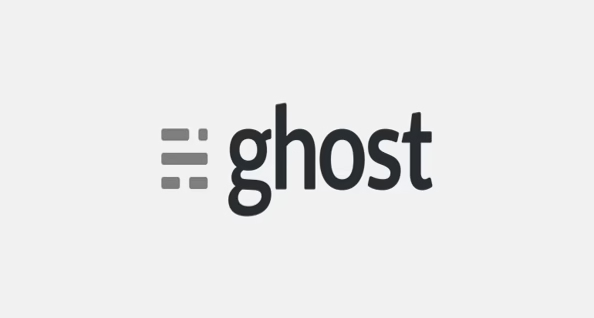
- Short Details: Ghost is a modern CMS designed for bloggers and content creators. It’s lightweight, fast, and focuses on simplicity.
- Complexity: Beginner to Intermediate.
- Popularity: ⭐⭐⭐ (3/5)
- Pros:
- Clean and minimalist interface.
- Fast performance.
- Built-in SEO tools.
- Cons:
- Limited functionality for non-blogging websites.
- Smaller community compared to WordPress.
Comparative Table of Top 10 CMS Platforms
| CMS | Popularity | Complexity | Built-in Features | Pros | Cons |
|---|---|---|---|---|---|
| WordPress | ⭐⭐⭐⭐⭐ | Beginner | SEO plugins, Security plugins, Self-hosted or Managed hosting, Free (open-source) | Highly customizable, Large community | Requires maintenance, Security risks |
| Shopify | ⭐⭐⭐⭐⭐ | Beginner | Built-in SEO, SSL Security, Hosting included, Paid (subscription-based) | Easy to use, Scalable | Expensive, Limited customization |
| Wix | ⭐⭐⭐⭐ | Beginner | Basic SEO tools, SSL Security, Hosting included, Paid (subscription-based) | Drag-and-drop, Affordable | Limited flexibility |
| Squarespace | ⭐⭐⭐⭐ | Beginner | Built-in SEO, SSL Security, Hosting included, Paid (subscription-based) | Beautiful templates, All-in-one | Limited integrations, Higher pricing |
| Joomla | ⭐⭐⭐ | Intermediate | SEO tools, Security extensions, Self-hosted, Free (open-source) | Flexible, Strong Community | Steep learning curve |
| Drupal | ⭐⭐⭐ | Advanced | SEO modules, Advanced Security, Self-hosted, Free (open-source) | Highly secure, Scalable | Requires technical expertise |
| Magento | ⭐⭐⭐⭐ | Advanced | Built-in SEO, Advanced Security, Self-hosted or Cloud hosting, Paid (enterprise plans) | Scalable, Customizable | Expensive, Complex setup |
| Webflow | ⭐⭐⭐⭐ | Intermediate | Built-in SEO, SSL Security, Hosting included, Paid (subscription-based) | Visual design tools, Responsive | Steep learning curve, High pricing |
| HubSpot CMS | ⭐⭐⭐⭐ | Beginner | Built-in SEO, SSL Security, Hosting included, Paid (subscription-based) | Integrated with CRM, SEO-friendly | Limited customization, Expensive |
| Ghost | ⭐⭐⭐ | Beginner | Built-in SEO, SSL Security, Self-hosted or Managed hosting, Paid (subscription-based) | Lightweight, Fast performance | Limited functionality |
Conclusion
Choosing the right CMS depends on your specific needs, technical expertise, and budget. WordPress is the best all-around option for most users, while Shopify excels in e-commerce. For beginners, Wix and Squarespace are excellent choices, while Drupal and Magento cater to advanced users with complex requirements. Evaluate your goals and use this guide to make an informed decision!
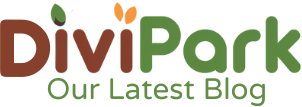
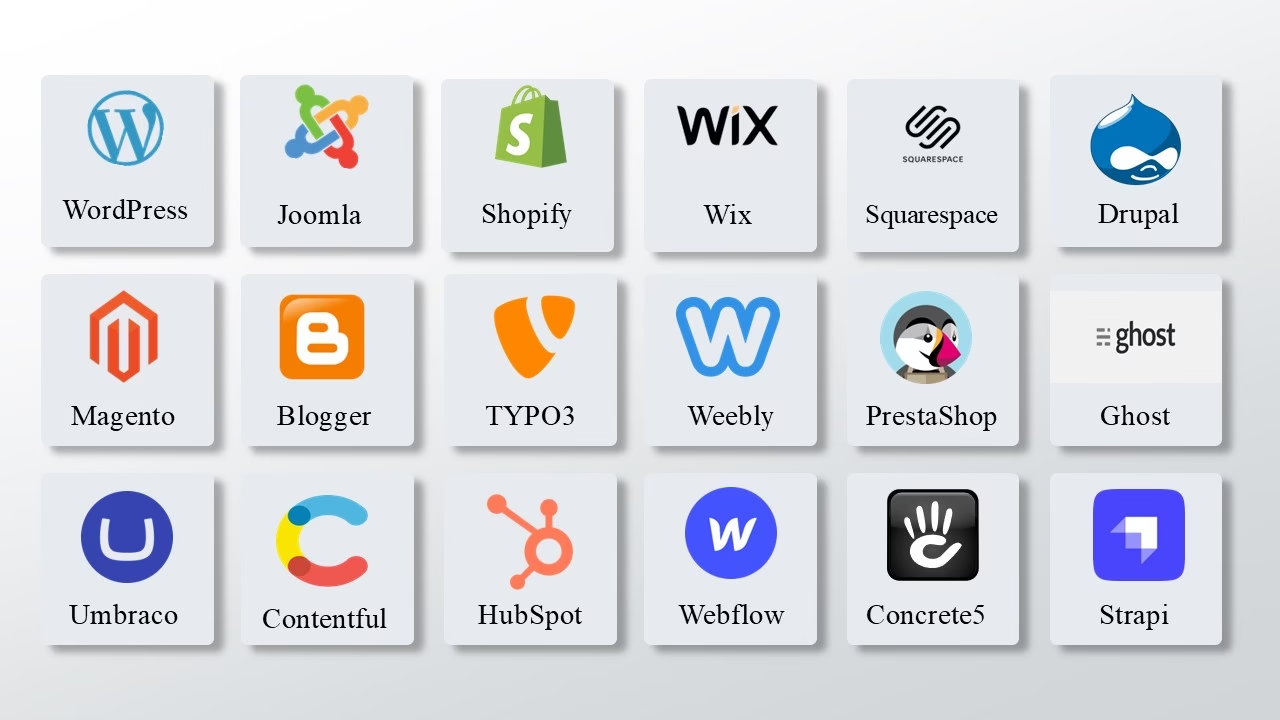










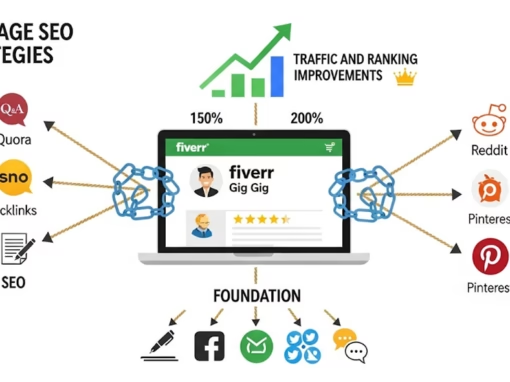

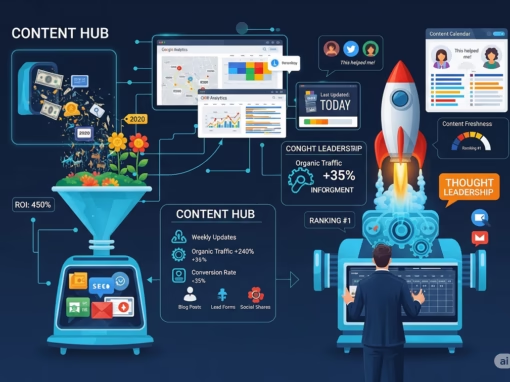
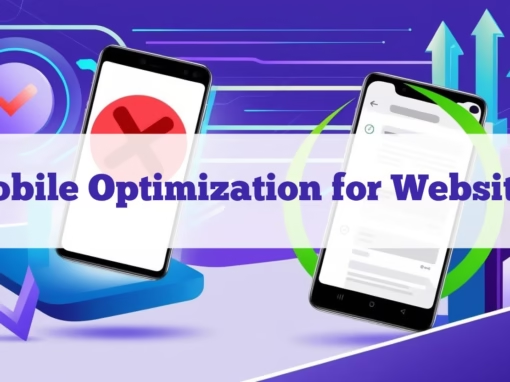

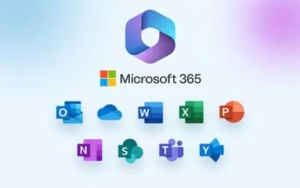
0 Comments